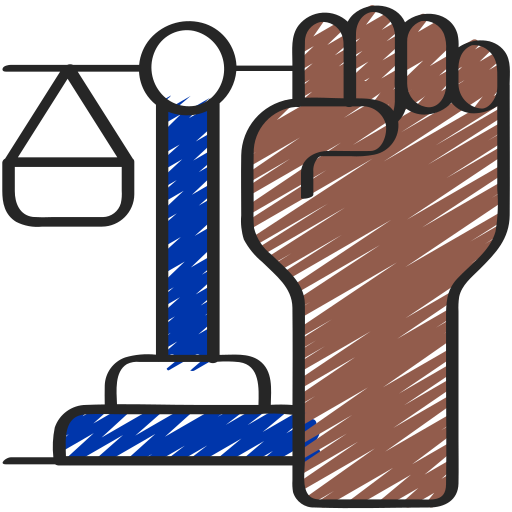
Spinner Medical Recruitment acknowledges the Traditional Owners of the lands and waters of Australia and the Torres Strait.We acknowledge them as the first inhabitants of the nation of Australia and the traditional custodians of the lands where people now live, learn and work. We respect all Aboriginal and Torres Strait Islander people - their customs and their beliefs. We also pay our respects to Elders past and present.
This blog looks at the importance of Australia Day and why it is increasingly becoming a controversial day.

Australia Day falls on the 26th January and marks the 1788 landing of the “First Fleet” - 11 ships from Britain which included convict vessels and military transports. The commander of the fleet claimed the land as a possession of the crown and it became a colony of the British Empire. The day wasn’t celebrated until the 19th century and was only formally adopted as a symbolic day of national unity following the federation of Australia in 1901.

As Australia prospered in the 20th century because of the migration of peoples from parts of the world such as the UK, Italy, Greece, South Africa, Pacific Islands including New Zealand etc., Australia Day took on a symbolic purpose to draw people towards a sense of national unity. It still plays this role. Migration in the 21st century comes from countries very different from those in the 20th: India, China, Malaysia, Iran , for example.

New migrants and new Australian citizens participate enthusiastically in Australia Day celebrations. They do this on beaches, parks or in their own backyards and homes. Celebrations tend to involve BBQs, concerts and parties. Formal markings of celebrations include the naming of an Australian Citizen of the Year via an independent council. You can see 2022's winner disability advocate Dylan Alcott here.
My favourite part of this holiday continues to be the music countdown of the 100 most voted songs of the year the radio station Triple J compiles: Triple J’s Hottest 100
Australia Day is a public holiday in all of the country’s states and territories. It also marks the end of the school holidays. In NSW, for example, the new school year for government schools starts the day after Australia Day.

Traditionally Australia Day celebrations were fuelled by beer and sausages. Voices other than those of the dominant anglo-saxon migrants were rarely heard in Australia’s cultural output on the day. Now, you do see on mainstream media and in local communities the vibrant celebrations of some of Australia’s newest communities - Somalians, Indians, Vietnamese participating in this holiday.
However, as we know prior to the arrival of the “First Fleet” Australia was already inhabited by many peoples with many different cultures and languages. These people had lived on the continent for thousands upon thousands of years.
Naturally and - in my opinion rightly - Australia Day is increasingly questioned as an appropriate day of celebration. For many it marks the start of the gradual genocide, persecution and institutionalism racism towards Australia’s Aboriginal and Torres Strait Islanders.
Aboriginal and Torres Strait Islander peoples often describe it as “Invasion Day” and some mark it as a day of mourning.

Many Australians are proud of Australia Day. It is the only day which celebrates the founding of the country as we know it today. Many Aussies are naturally sensitive to it being described as a day to be ashamed of. This conflict of opinion highlights the sensitivity felt by many about the country’s relationship with it’s First Peoples, the original inhibitors of the land. Australia Day has also become a marker in contemporary culture wars, a touchstone or marker for commentators to take extreme positions with for political gain or click bait. Think of the controversies over historic statues in the UK currently amplified on social media. Like everything else, debates on twitter between two extreme viewpoints do not illustrate the opinions of experiences of most Australians who participate in Australia Day.

However the debate on Australia Day - what it symbolises historically, what it means for Aboriginal and Torres Strait Islanders and what it should mean for a modern multicultural democracy - points to the further reflection Australia must have on its history, racism and current social injustices perpetrated on its First Peoples. Health outcomes, for example, are far worse if you are a Aborginal or Torres Strait Islander person. You get sicker much younger and life expectancy is lower. The medicine is complex and does present unique challenges to medical practitioners interested in working with third world health problems with first world medicine.
If you are interested in finding out more about Aboriginal and Torres Strait Islander healthcare or jobs where you can experience this please get in touch!
alasdair@spinnermedical.com